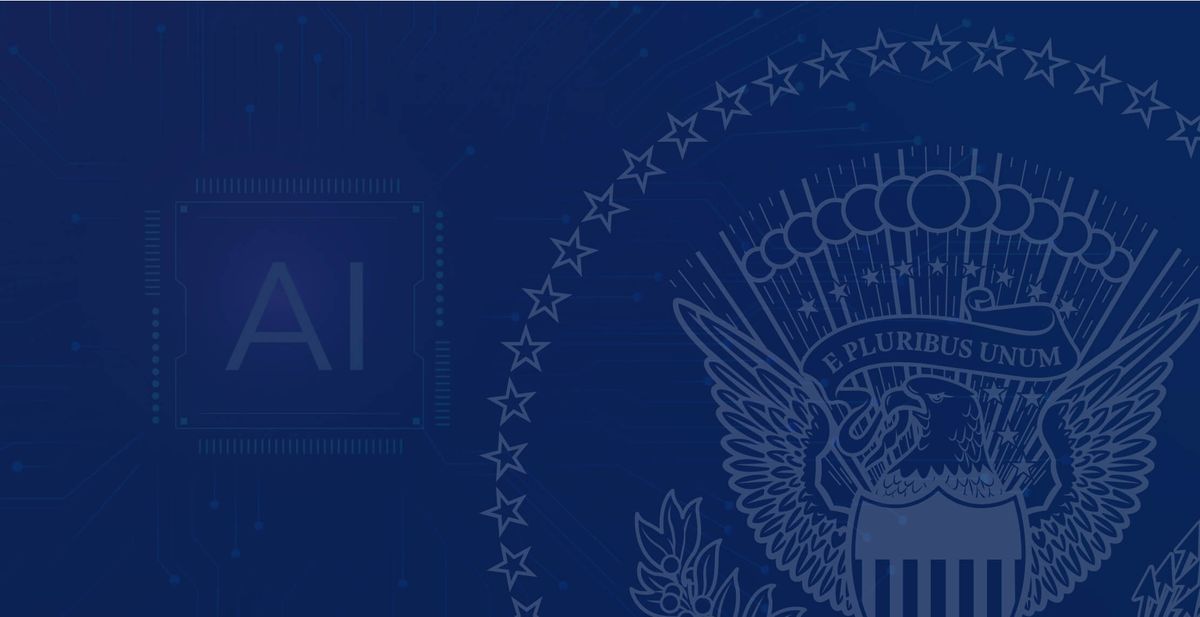
The White House announced today that eight additional leading AI companies have committed to institute voluntary measures aimed at ensuring the safe and ethical development of artificial intelligence systems.
The new pledges come just two months after an initial group of seven companies, including Google, Microsoft and Meta, made similar commitments following a July summit convened by the White House.
The latest companies joining the effort are Adobe, Cohere, IBM, Nvidia, Palantir, Salesforce, Scale AI and Stability AI.
In a statement, the White House said the voluntary commitments are an important bridge until government regulations can be enacted. It said the companies have pledged to focus on principles of safety, security and trust.
Specific commitments include red-team testing of AI systems, investing in cybersecurity measures and incentivizing vulnerability disclosures. The companies also pledged to share safety information, develop tools to identify synthetic media, publicly document capabilities and limitations of models, and prioritize research into mitigating harmful biases.
As AI continues its accelerated growth, balancing innovation with effective governance remains a pressing concern. The debate extends beyond American borders and was most recently exemplified by China's comprehensive regulatory framework for AI. The American approach leans toward collaborative governance, involving both industry and legislative action. However, experts agree that voluntary commitments, while valuable, are only a part of a more comprehensive governance mechanism that will likely involve formal regulations.
Achieving consensus on AI governance will be complex given the technology's rapid pace of development. In the long term, as these voluntary commitments segue into more formalized government action, many questions must be asked. Will the eventual regulatory framework find the right equilibrium between innovation and safety? How will these American initiatives integrate into the global landscape of AI governance?
As we look forward, the answers to these questions will likely shape not just American AI policy, but the global trajectory of the technology.

